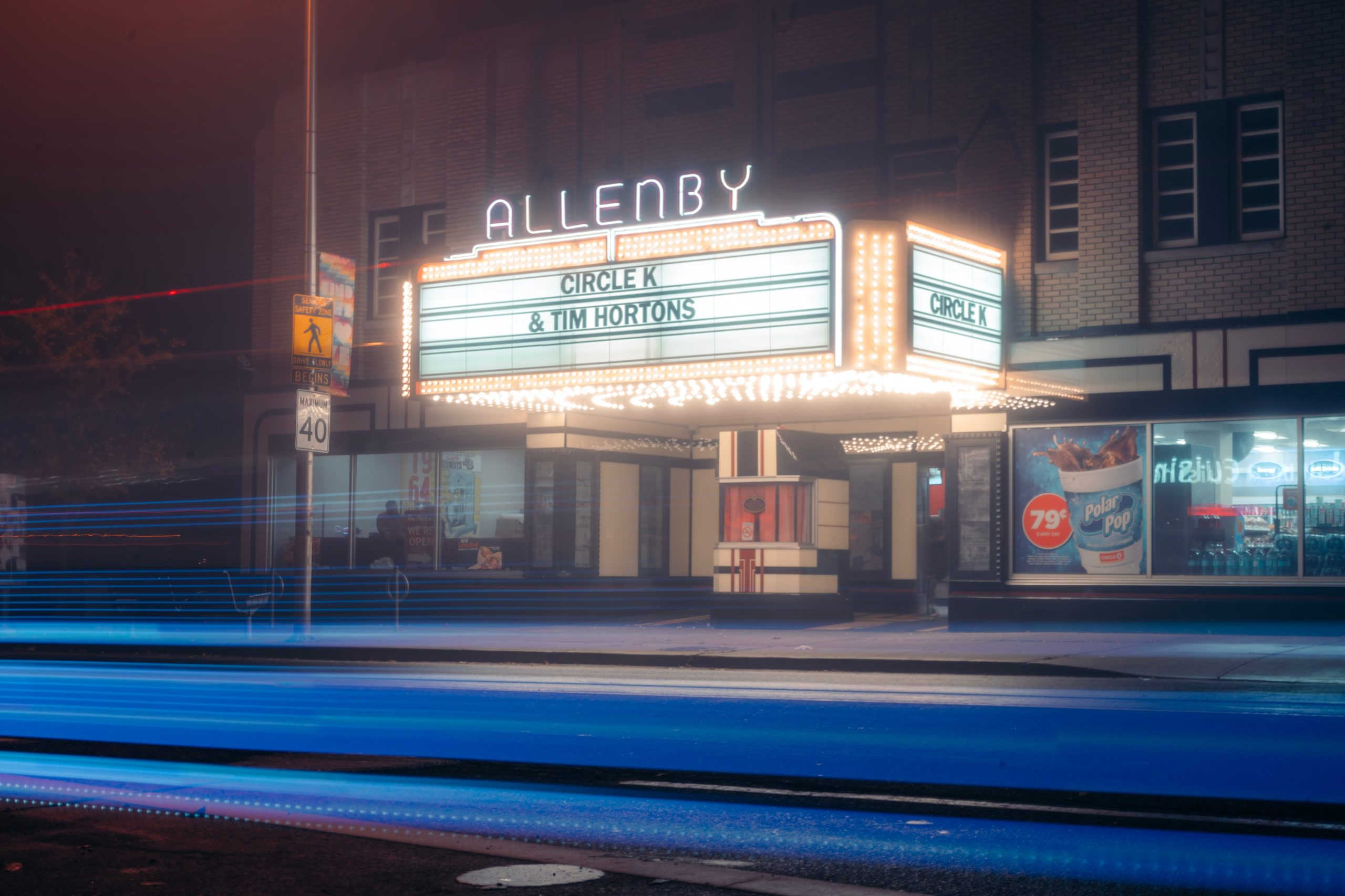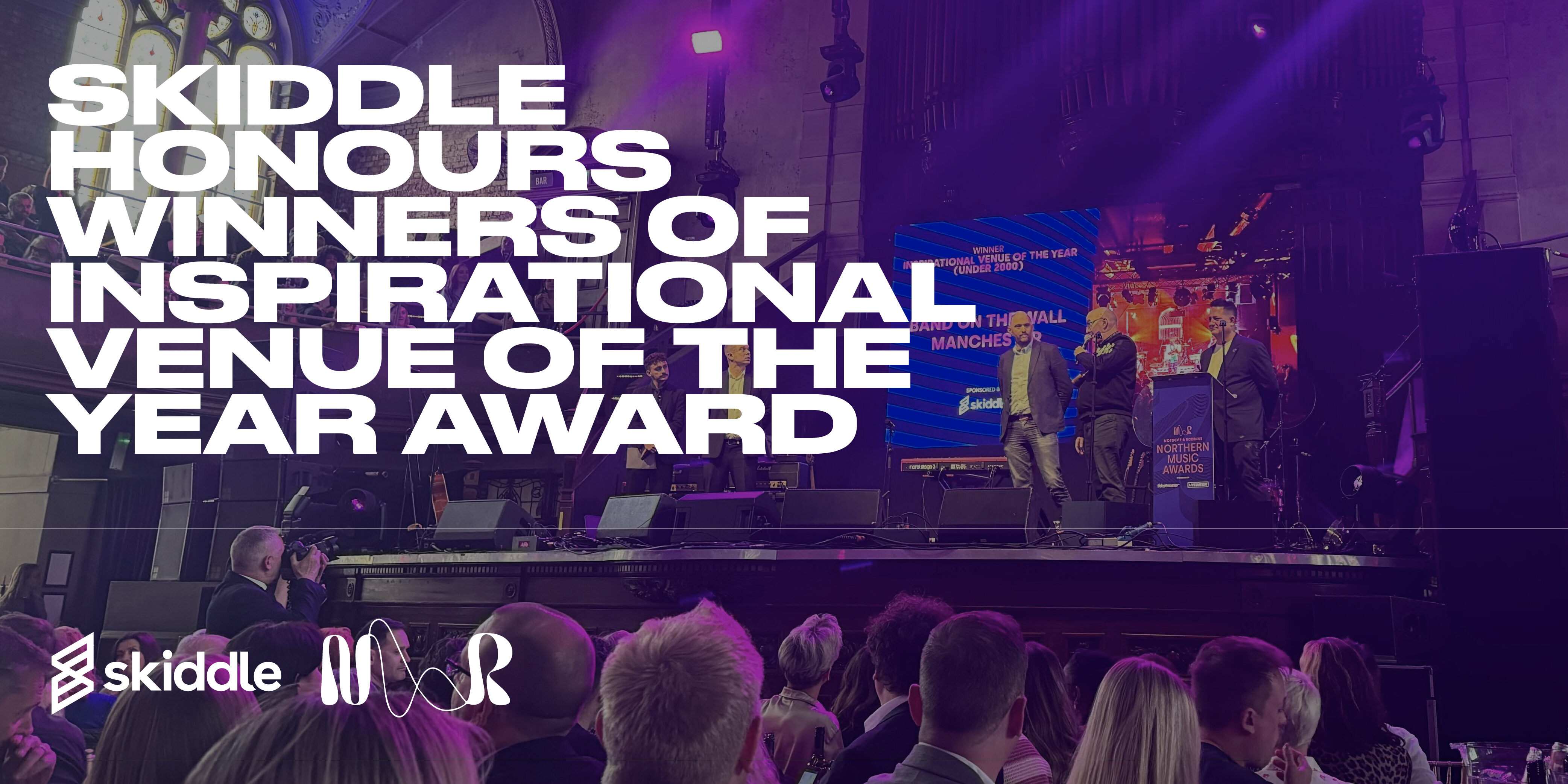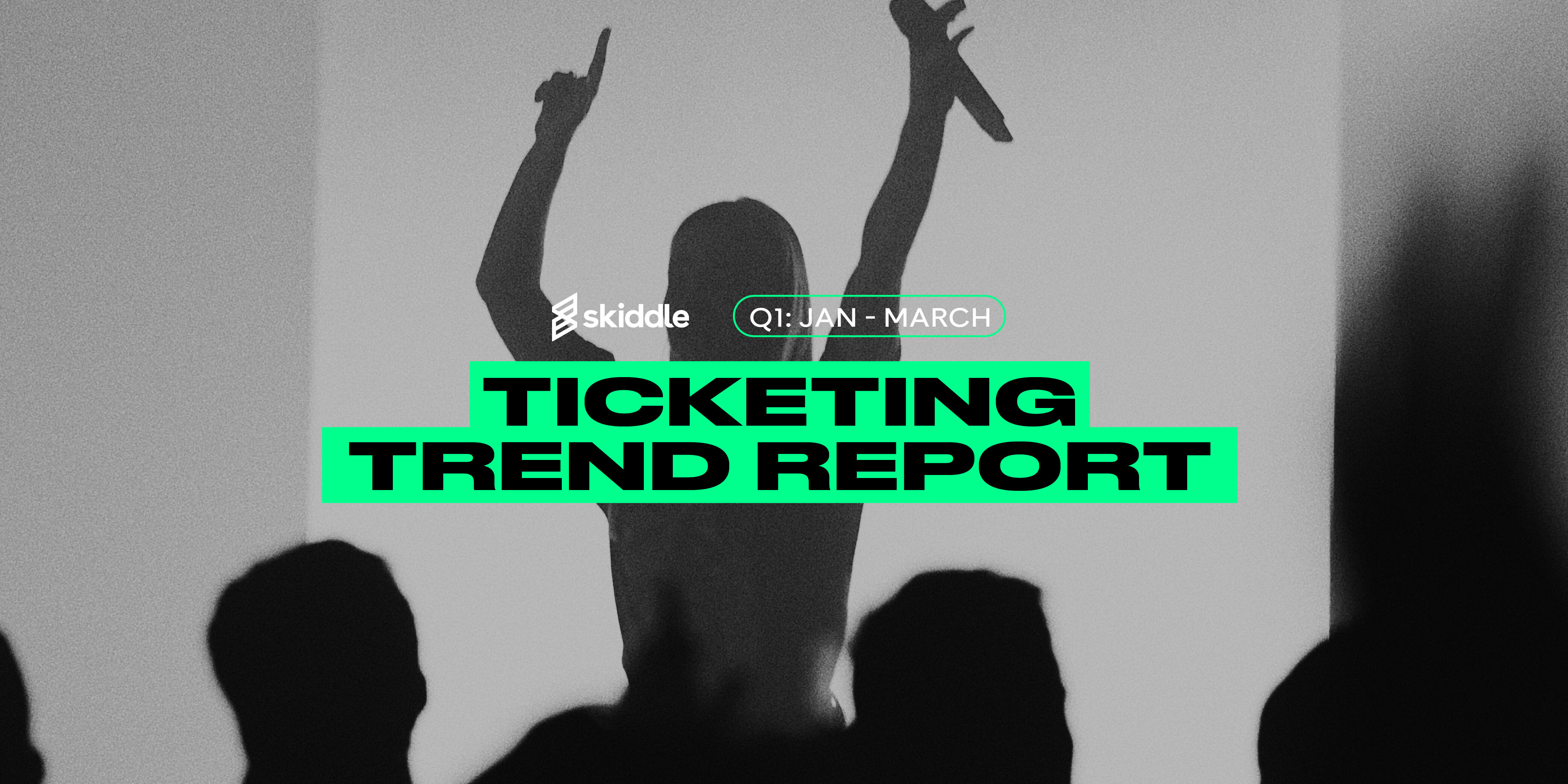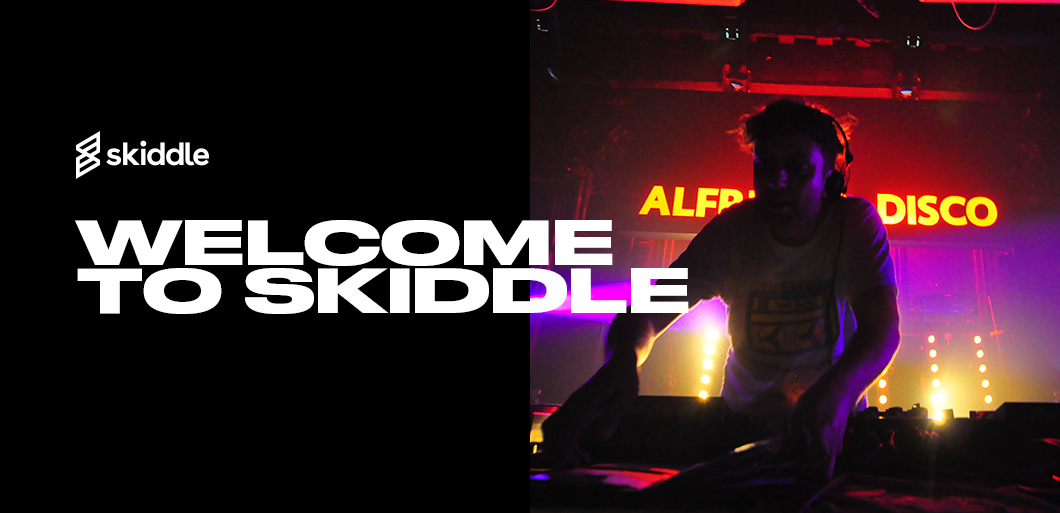- Behind the Scenes
Hosting an LGBTQIA+ cinema screening
-
By Ryan Moss
- 17 Feb 2023
- 10 min read

A brief history of LGBTQIA+ cinema
LGBTQIA+ cinema has come a long way. In early Hollywood films, queer characters were often poked fun at; portrayed as weak characters whose only value was comedic effect. However, representation was there. 1927’s ‘Wings’ featured what is known as the first gay kiss on American screens.

The 1930s saw the implementation of the ‘Hays Code’. It was a self-imposed set of industry guidelines that censored depictions of LGBTQIA+ people on the silver screen. So, queer characters were portrayed as villains, save for the directors who carefully used subtext to send a message via their films.
Things picked up in the 1960s and beyond, with films and documentaries in Britain and America representing life in towns and cities across both countries. The New Queer Cinema movement of the 1990s helped contextualise the issues faced by the community of the time, and we’re now in an era where the most popular streaming services have dedicated LGBTQIA+ sections on their platforms.
Why is LGBTQIA+ cinema important
People deserve representation that speaks to their experiences. While access to queer cinema has become easier with the advent of streaming, the platforms don’t have all the films. Plus, human recommendation can be a starting point for discussion and further watching.
It also contextualises the queer experience. Documentaries like Paris Is Burning, for example, shine a light on the people who made up the scene in New York. It’s a way of learning new things and educating people about issues they might not have known much about.
But it’s not all about information. LGBTQIA+ cinema can be entertaining, and it’s only right that people from the community get a chance to see their experiences related in this way.
So, would you like to know how to host an LGBTQIA+ film screening? We’ve covered liscening, equipment, funding and, of course, ideas on what to screen. Scroll down and discover more.
Licencing
Let’s start with the legal stuff: licencing. You could have a knockout idea, but you won’t be able to show anything without a film copyright licence. You can get these via Filmbank, the Motion Picture Licensing Corporation, and the British Film Institute.
Are you looking to make a profit? If so, you’ll need a premises license. Public-facing places usually have one, so check with their staff when you’re contacting venues and go from there.
Charity events also come under for-profit events. So, keep in mind that you’ll need the licence if you’re trying to raise money through ticket sales.
You won’t need a licence if your event is not for profit. The Licencing Act of 2003 defines not-for-profit events as events that charge for tickets to cover their costs and are held between 8 am and 11 pm.
Securing a venue
Next, think about where you want to hold your screening. Lots of independent cinemas offer venue hire, which will take away the need to obtain a licence and buy or hire equipment. Often, these places charge by the hour. That can be expensive, so set your budget and go from there.
Similarly, event venues that aren’t cinemas offer screening services. Some charge by the hour, so this might be a more budget-friendly option.

You can also consider community centres and libraries. This might provide a more budget-friendly option, but you may have to pay extra for equipment and a licence.
Budget, experience and projected attendance will influence which space you choose. Whichever you decide to go for, accessibility is crucial. Ensure that the space is easy to get to and that you have disabled access.
Equipment
As we mentioned earlier, some venues will require equipment. What are the essentials? A screen, a projector, a sound system and a player. You can get portable screens that you can fold and transport, which is perfect if you’re setting up in a venue without facilities.
When searching for a projector, you’ll need to consider contrast ratio and lumens count. A higher contrast ratio will provide more detail on the screen, and lumens are the measurement of brightness you get from a projector.
Sound quality is crucial, too. Think about where to position the speakers, whether to use a mixing desk and whether the venue’s existing facilities are suitable. It could be helpful to consult a sound expert to make sure everything is of high quality. Poor sound quality could place the whole event in jeopardy.
There are a few options for sourcing equipment. If you have the budget and plan on hosting regular events, buying the essentials would be the best idea. However, this can be pricey. Luckily, you can hire equipment. Do some research, compare the costs and go from there.
Come up with an idea
Here’s the fun part: deciding what to screen. Queer cinema is a rich tapestry, and what you want to achieve with the screening will also be a factor.
Would you like to screen films that represent differing 20th and 21st-century experiences in Britain? 1985’s ‘My Beautiful Laundrette’, 1996’s ‘Beautiful Thing’, 2011’s ‘Weekend’ and 2017’s ‘God’s Own Country’ are a few suggestions.
How about introducing people to vogue culture? 1968’s ‘The Queen’, 1990’s ‘Paris Is Burning’ and 2017’s ‘Kiki’ would educate and contextualise a prominent movement.
The screening and panel could dig into ideas around a film. For example, ‘The Matrix’ is regarded as a trans allegory, an idea which emerged once both directors had transitioned. The directors then confirmed the idea in interviews.
So, you could screen the film and invite theorists to discuss and answer questions. But the idea isn’t limited to The Matrix. Research different films and see if you can find a new or under-discussed context to base your event around.
Or, you could look locally. If you know filmmakers in your area, invite a few of them to screen some of their work. You could build this into a regular event, which would help the filmmakers and create a space for people to enjoy films, meet new people and make connections.
Securing funding and exploring partnerships
So, you’ve got an idea. You’ve found a great-looking venue and an equipment source. What’s next? Funding. If you’re working as part of a team, you might be able to each put in some money to contribute to the project as a whole. But we understand that’s not possible for everyone.
This is where external funding comes in. Institutions like the Arts Council have grants that can support a project, but you’ll need to ensure you have a clear idea about the audience of your project.

Crowdfunding is an option, too. If your screening is based around local LGBTQIA+ filmmakers, it makes sense to ask people to donate. People from the community are contributing to something that would serve them.
Sponsorships and partnerships can also help. Consider searching for a brand that can provide you with funding. Check out our article on brand partnerships here.
How can Skiddle help?
In more than a few ways. We specialise in gig tickets, festivals and club nights, but our Promotion Centre is equipped to help you sell tickets for any event.
You can list your event to our user base of four million visitors per month, set up early bird, general admission and discounted tickets and get data from the sales that you make.
The Promotion Centre is an intuitive tool. There’s lots of information on how to carry out the process of listing an event and creating tickets. We want to empower you to be independent in this process.
However, if you find yourself a bit stuck, that’s no problem. Our account support team are just a call away, and you can consult our FAQ pages and this blog for information on navigating the Promotion Centre.
Got a question you need an answer to? Give us a call on 03333010301 or ask us a question over on the Skiddle Promoter Twitter account by clicking or tapping on the button below. Alternatively, you can also find a list of our most frequently asked questions over at https://help.promotioncentre.co.uk/
















